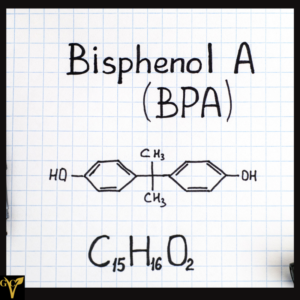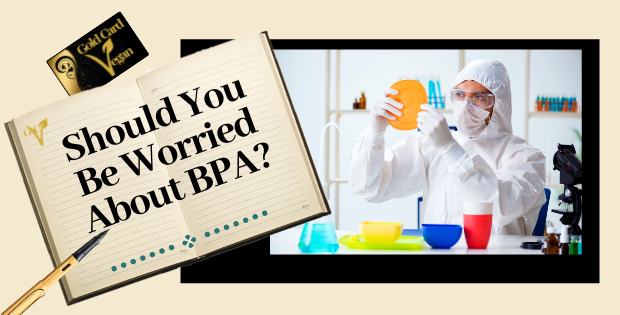Over the past few years, BPA in cans has become a thing. People are advising that you should be only buying food in cans that are BPA free.

So, should you be worried about the BPA in the lining of the cans you buy? First, let’s look at what exactly BPA is.
To be precise, it is the industrial chemical ‘bisphenol A’ (the words “industrial chemical” already should send out warning bells), used in certain plastics and resins. It’s been around since the 1950s and is found in all sorts of food and beverage containers, including water bottles.

It’s in the epoxy resins which are used to coat the inside of cans or anything made of metal, and the problem is that it can seep into the food or beverage.
Studies have shown that the health risk of exposure to BPA can lead to health effects on unborn babies, infants and children. These can affect the brain, prostate gland and also behaviour. Other research has shown a link between Type2 Diabetes, blood pressure and cardiovascular disease.
The U.S. FDA (Food and Drug Administration) has said that very low levels in food are fine based on a review of hundreds of studies. However, what if a person is consuming water from a bottle, food from a can, had dental work done (yes, it is also used in some dental sealants and composites) and used a hot water jug that is plastic lined? Would that take a person over the limit?
A friend of mine recently asked all of our vegetable producers here in N.Z. e.g. Watties, Delmaine, Pams etc., if they used BPA. Most said they still did and used ‘safe’ levels. Delmaine was the only non-organic company not to use it.
So what can you do if you are worried about BPA in your food?
- Always see if there is a BPA free alternative. We vegans, know all about looking at the labels, so add this one to your list. Another way to tell is that if the recycle code is 1, 2 and 4, it is likely free of BPA.
- Don’t put any plastic containers into the microwave or dishwasher. The heat may cause the plastic to break down over time, causing the BPA to leach.
- If you can’t find BPA free cans, try opting for the raw and making your own. For example, buy chickpeas in bulk, do one large soak and cook, then store in the freezer (in can size quantities) for future use.
- Use glass, china or stainless steel wherever you can. Use them for storing and heating foods and liquids.
- And check your hot water kettle – opt for stainless steal lined or glass ones.
I hope this helps.
Until next time…









0 Comments